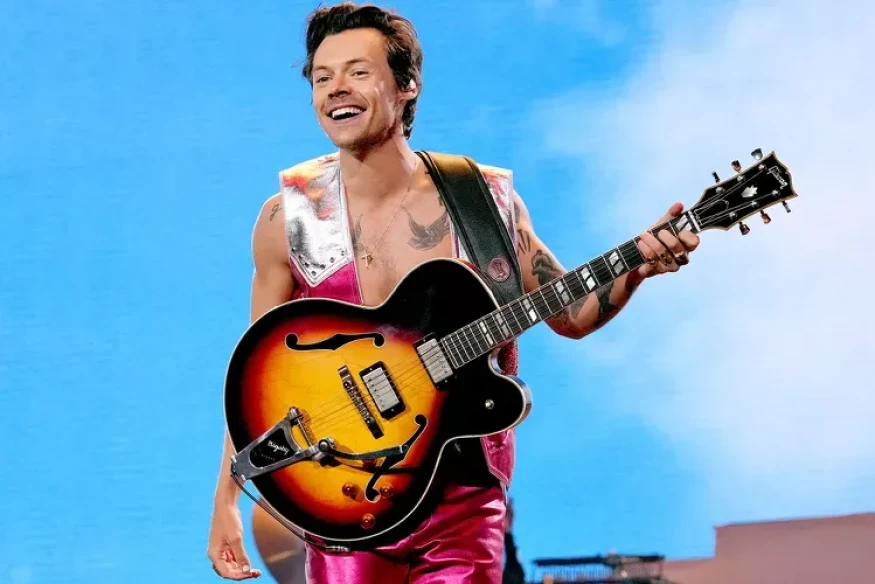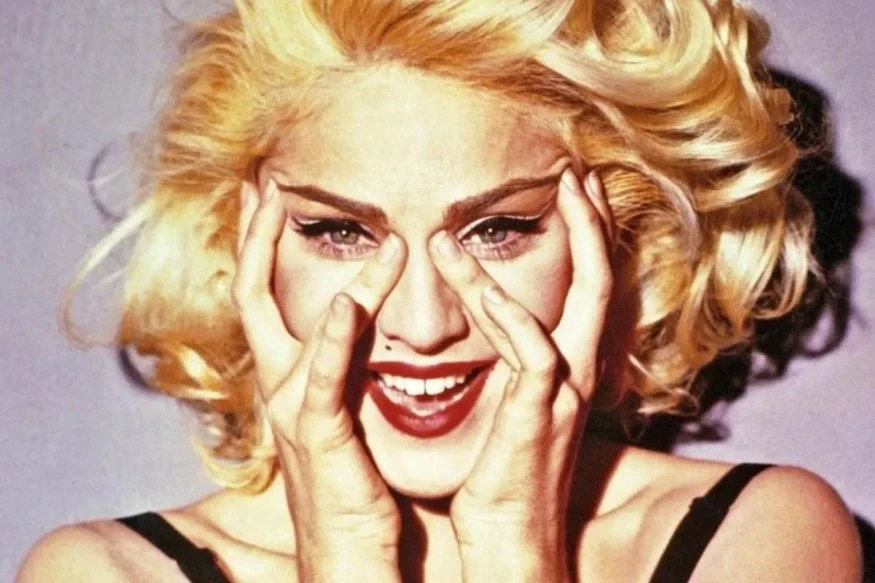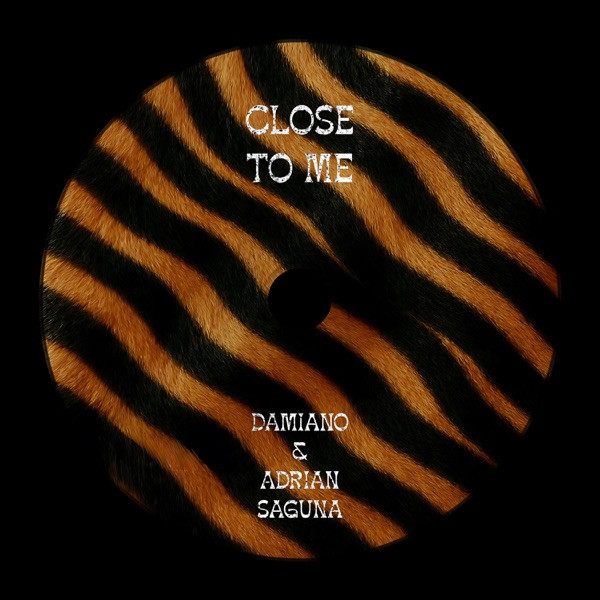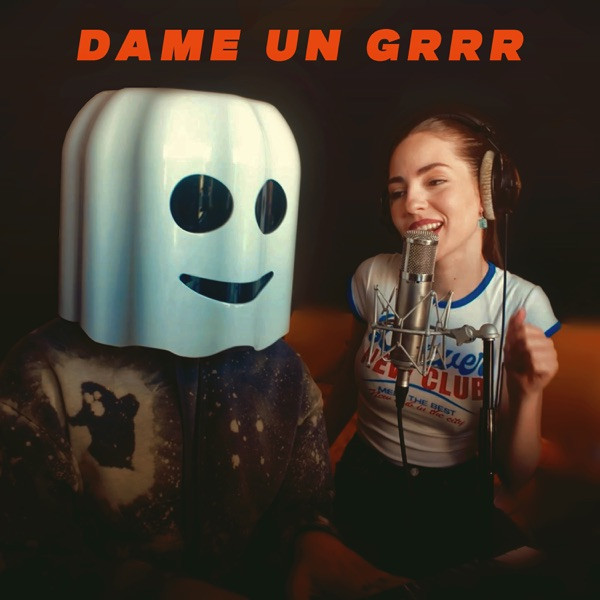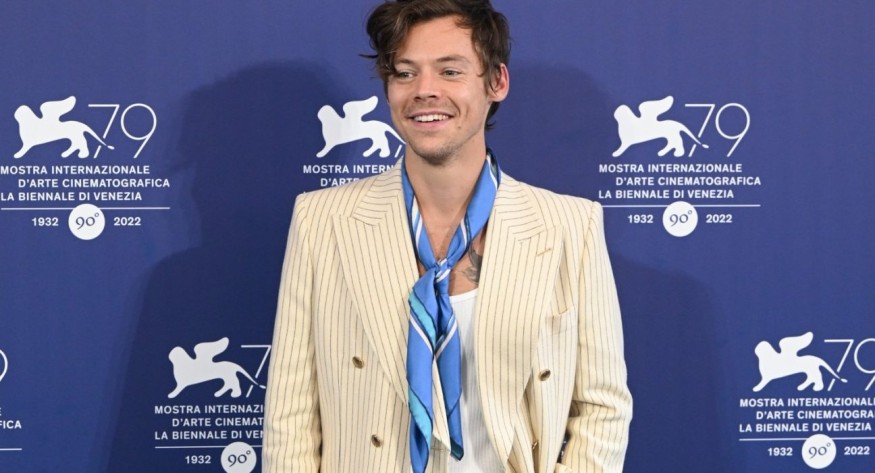
The singer claims he wants to protect his "unsuspecting" fans.
Harry Styles has filed a lawsuit against online sellers in an attempt to stop the sale of his unauthorized products proliferating online.
Lawyers for Harry Styles filed the lawsuit Tuesday, Jan. 10, in federal court in Chicago, the latest in a series of lawsuits by both brands and artists aimed at curbing the amount of counterfeit goods circulating online.
"The plaintiff is compelled to file this action to combat the counterfeiting of its registered trademarks by the defendants, as well as to protect unwitting consumers from purchasing counterfeit products over the Internet," the lawsuit states.
Harry Styles' lawyers add that the items - which also appear on legitimate shopping platforms such as Etsy and Amazon - make it "difficult for consumers to distinguish these stores from an authorized retailer".
The 28-year-old British singer's side is seeking a sweeping takedown of the items being sold by the unauthorized sellers, with the lawsuit listing specific URLs rather than specific sellers or individuals.
Harry Styles - Coachella 2022
It's worth noting that the names of the counterfeit sellers that Styles is targeting in the lawsuit have not been released at this time because such lawsuits are designed to catch them by surprise.
"If the defendants were to learn of these proceedings prematurely, the likely result would be the destruction of relevant documentary evidence and the concealment or transfer of assets to foreign jurisdictions," Harry Styles' lawyers said.
The lawsuit also notes that many of the counterfeit products come from online sellers based primarily in China and "other foreign jurisdictions with a lax trademark protection control system."
In addition, the lawsuit alleges that sellers used sophisticated methods to target fans looking for Harry Styles merchandise while avoiding detection, including "multiple fictitious aliases" and the use of meta tags.
"The tactics used by the defendants to conceal their identities and the full scope of their operation make it virtually impossible for the plaintiff to learn the true identity of the defendants and the precise networking of the counterfeiting network," it said.
Billboard Pro reports that the blanket recall of unauthorized and counterfeit merchandise has recently been implemented by artists such as Nirvana and the estate administrators of the late rapper XXXTentacion, as well as larger companies such as Nike, Ray-Ban and Tommy Hilfiger.
